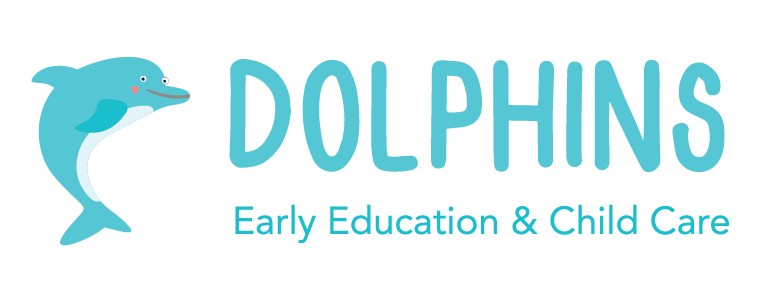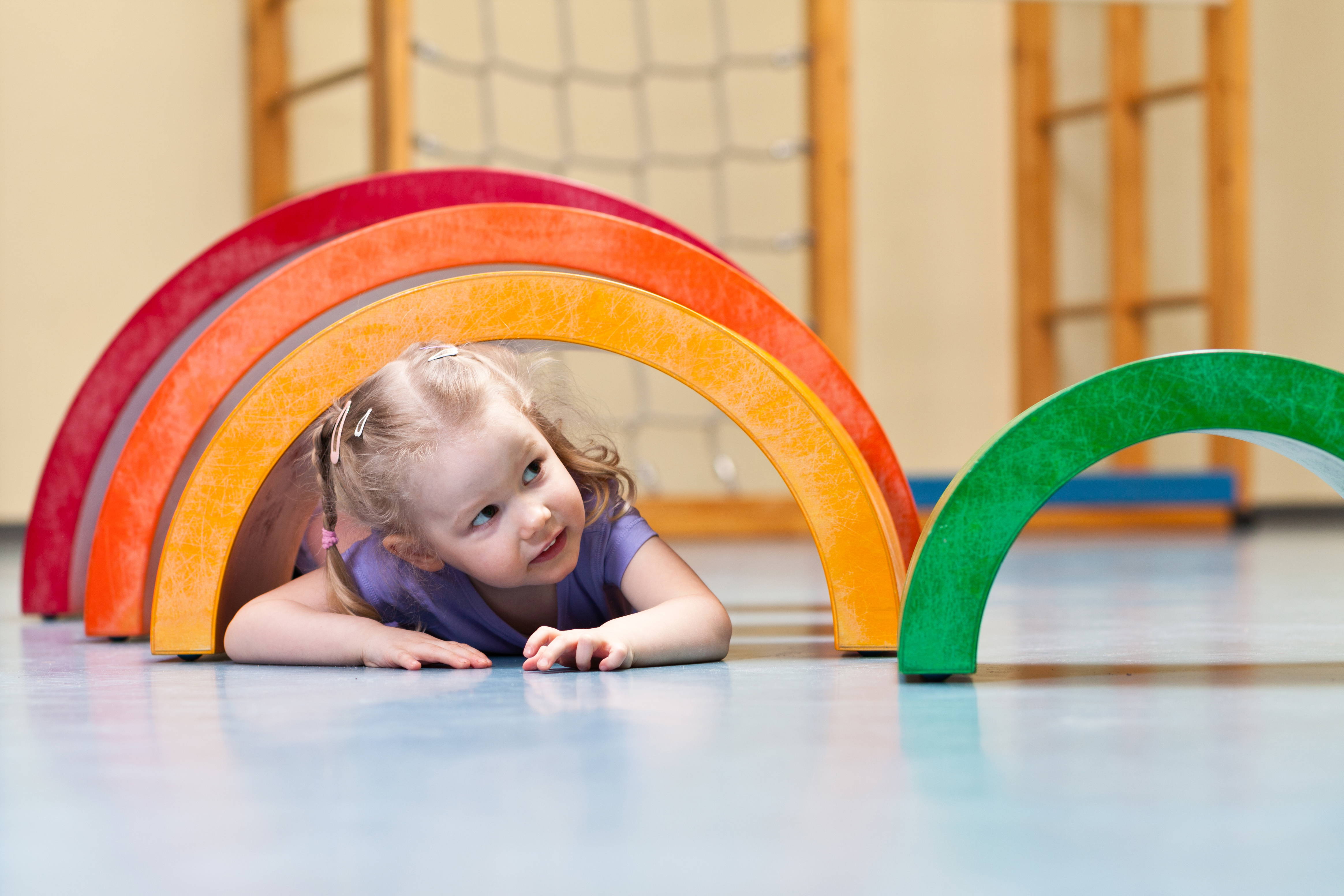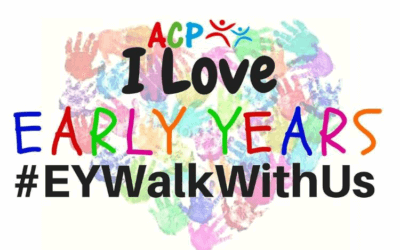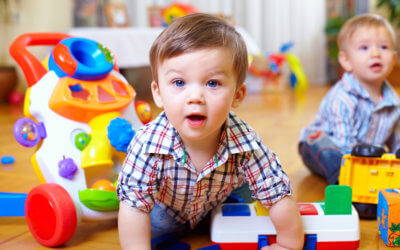Going to Primary School
Tips on making the transition from Preschool to Primary SchoolLeaving Pre school and preparing for primary school
Social Skills: Prior to going to primary school children have developed their social skills through play and spending time with friends at home and in preschool
Language Skills: Children communicate in a number of ways and surprise us with their competence in letting us know what they want and need. For children with additional languages or English as a second language, it is important that your teacher is aware of this in order for them to support your child’s transition to primary school.
Gross and Fine Motor Skills: You will have noticed how independent your child has become at home and in preschool, putting on their own coat or putting their shoes on and putting their lunch in their bag. This is all wonderful preparation for your child but of course if your child needs help in primary school they will be supported to be as independent as possible.
Concentration and emotional adjustment: Aistear, the Early Childhood Curriculum Framework, is a play based curriculum, that extends from preschool into primary school and helps support your child’s transition. Through play, children learn many things: they learn to think critically; analyse and make meaning. They learn to regulate their emotions; and develop empathy with their friends and resolve conflict. All important skills they will take with them through their life. The basis of this has been nurtured in the preschool years.
Learning Through Play
Before your child starts primary school
* Reading Books and stories about starting school;
* encouraging your child to ask questions and express their ideas and feelings about starting school;
* Playing school at home – have fun trying on the uniform, if they have one, and packing a school lunch
*Talking about how your child will get to and from school – take a drive or walk past the school to help your child familiarise him/herself with the building.
Visit the school on the open day with your child
*Familiarise yourself with the layout of the school;
*go to see the classroom
*meet the teacher.
As a parent you are your child’s first teacher. You know your child best, so share the following information with their primary school teacher;
*What does your child enjoy and what are they good at?
*Does your child have any specific health or other needs, and how can these be supported?
*Is there anything happening that might affect how your child is feeling?
*Who may collect your child?
Find out what your child would like the teacher to know so you can pass this information on. The teacher might also appreciate your sharing your child’s scrap book from the preschool service and therefore continuing the learning journal from home to preschool to primary school.
First Day Tips
The first day of school is an emotional day for many parents. A smile and chat with the teacher or assistant on arrival can help to alleviate anxiety and will also be beneficial for your child.
Help your child to hang up his/her coat and to find a seat.
Show or remind your child where the toilets are.
Confirm with your child where he/she will be collected at the end of the day and by whom.
Say hello to other children and parents in the room. This helps to support your child with an initial introduction.
Advise the teacher of the name and relationship of the person who will collect your child at the end of the day.
Make goodbyes short, and reassure your child that you or a designated person will be there to collect them at the end of the day.
Don’t worry – teachers have lots of experience helping children to settle in!

CALANDER
07
June
June Bank Holiday
June
Last day of ECCE 2020/2021 programme year
Event Info
25
August
New ECCE programme begins for 2021/2022
Blog
Our News & Announcements
ECCE Eligibility since Budget Changes in 2018
The following is a summary of changes to the ECCE programme with effect from September 2018: All eligible children will receive two full programme years Age of eligibility reduced from 3 years to 2 years and 8 months Upper age limit remains 5 years and 6...
National Walk Out
Today the childcare sector had a National Walk Out in protest to the government's underfunding in this year's budget and previous budgets. The Level of investment in Early Years in wholly inadequate and we needed to make the government listen. Early years educators...
Montessori Tips
We've installed your chosen theme and setup your site. Now it's your turn to start building. Follow a w3project Fast Path for help and guidance.



